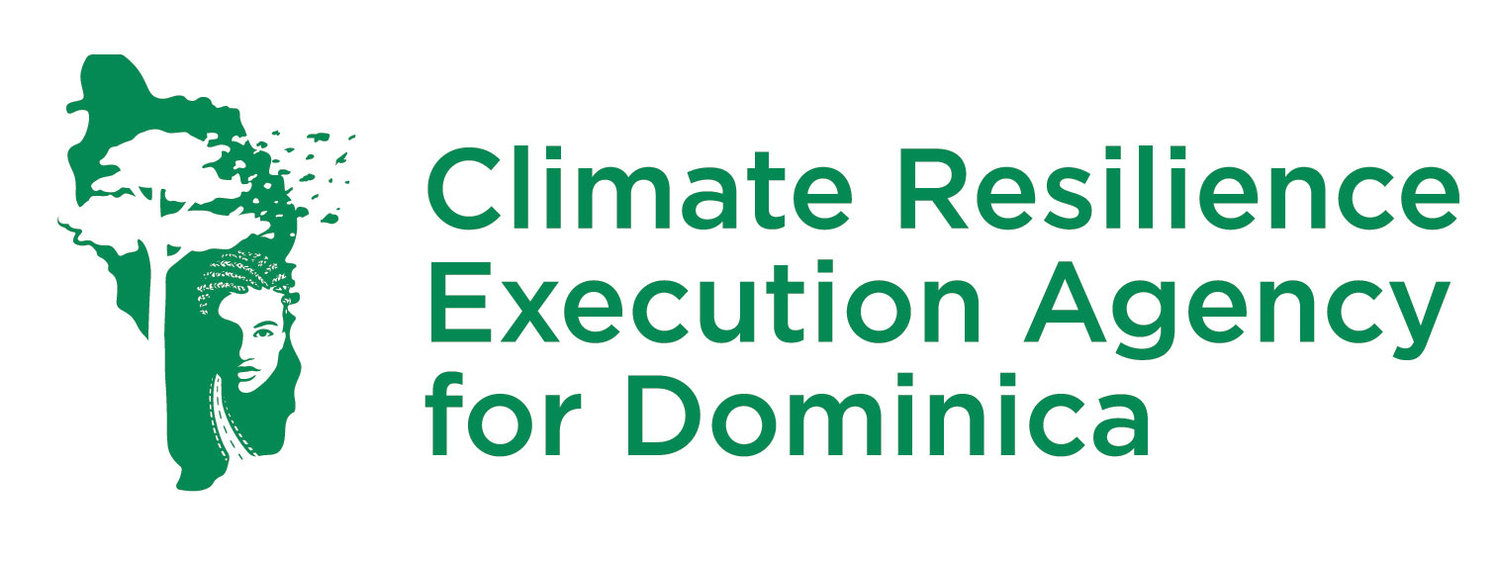Dominica National Energy Policy: 100% Renewable by 2030
The Commonwealth of Dominica Holds Stakeholder Consultation on National Energy Policy (NEP)
ROSEAU, Dominica – An insightful, informative and interactive National Energy Policy (NEP) Stakeholder Consultation was recently held to inform on the role and value of the policy to Dominica; to build an appreciation for the background and process in the development of a draft NEP; to provide an opportunity to obtain feedback and input from stakeholders to assist in finalizing the document and; to confirm the process for integrating feedback prior to submission to Government and outline the process for ongoing technical assistance.
In addressing the large group of participants, Dr. Reginald Thomas, Permanent Secretary in the Ministry of Blue and Green Economy, Agriculture and National Food Security highlighted the importance of the NEP which he explained will enable Dominica to transform into a sustainable and vibrant economy.
Dr. Thomas added that energy is a key contributor to the economies of small islands and the NEP is a vehicle for dialogue while seeking to demystify technical aspects and providing Dominicans with a sense of ownership and excitement.
Meanwhile, Glynn Morris, Principal of CADMUS Group commended the contributors to the NEP on a “new way of looking at an energy policy which is world-leading” adding that the energy sector is often approached, first, from the supply side but Dominica’s NEP draft is coming from an energy services perspective which focuses on energy needs in Dominica. He further explained that the “demand-pull versus supply-push” proposition makes tangible sense.
Morris walked participants through a detailed presentation on exploring the: Role of energy services, the energy services supply chain, energy flows in Dominica, losses in the provision of energy and the objectives of the policy among other critical areas.
The Technical Assistance Program for Sustainable Energy in the Caribbean (TAPSEC) was represented by Program Leader, Simon Zellner who presented an overview of the CARICOM Energy Policy and Regulations Help Desk which aims to provide CARICOM Member States with the required technical support to develop an enabling environment to accelerate the sustainable energy transition.
After the formal presentations, an engaging and lively exchange of suggestions, ideas and input ensued with participants leading to the consensus that Dominica is on the right path with its draft policy and could easily be an example for the rest of the region.
Click here to view the latest CREAD Newsletter!
About the Climate Resilience Execution Agency for Dominica - CREAD:
Operating as a statutory government agency, the Climate Resilience Execution Agency for Dominica (CREAD) leads and coordinates strategic initiatives across sectors in the Commonwealth of Dominica with the goal of making the country the world’s first climate-resilient nation.
CREAD acts to bolster the ability of the business community, public services, and social sector partners to build strong and resilient communities, develop adaptive infrastructure, accelerate economic growth, strengthen institutional systems, enhance Dominicans’ capacity to respond to the local impacts of global climate change, and set an example for the rest of the world on how to respond to the challenges of a changing climate.

